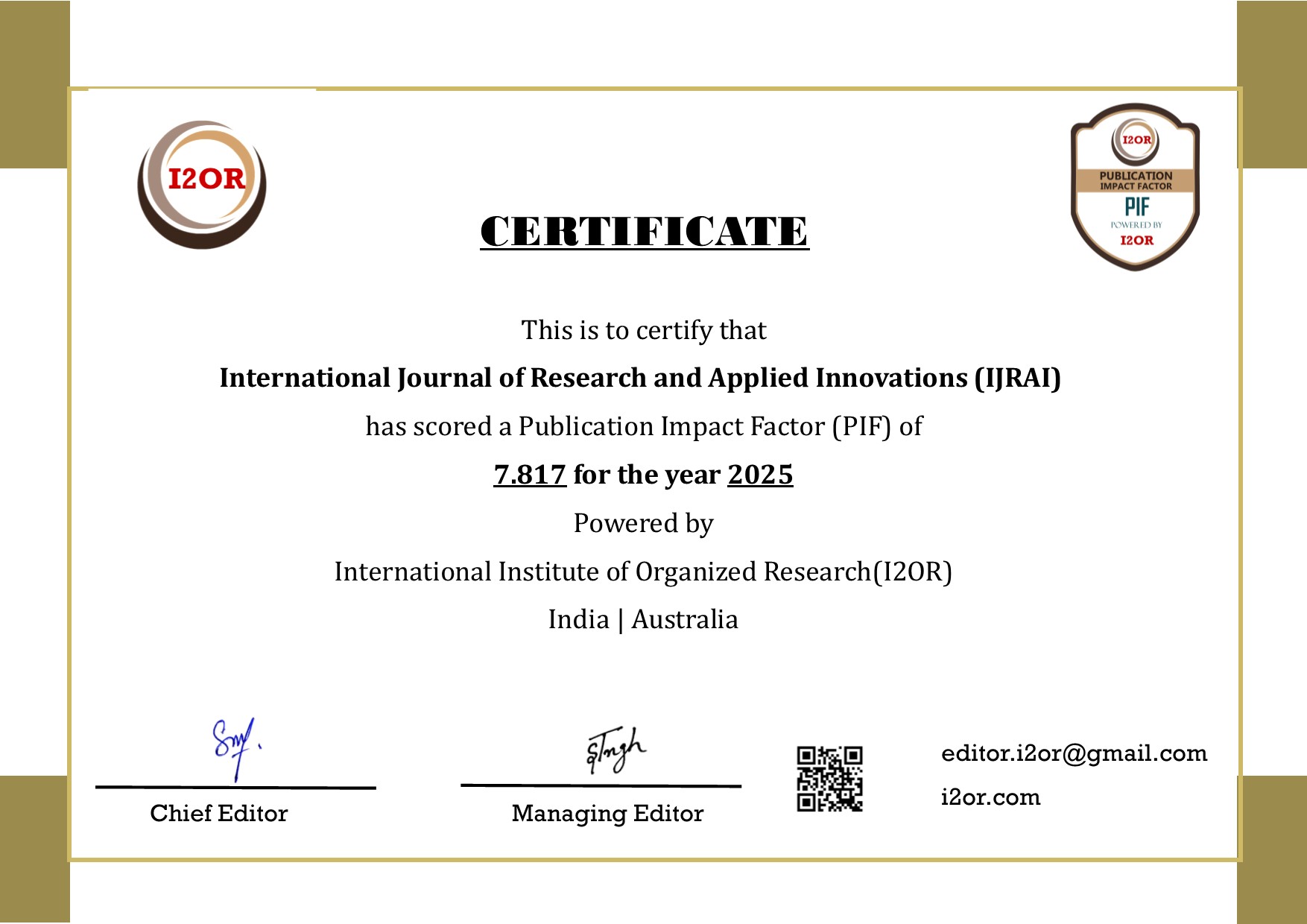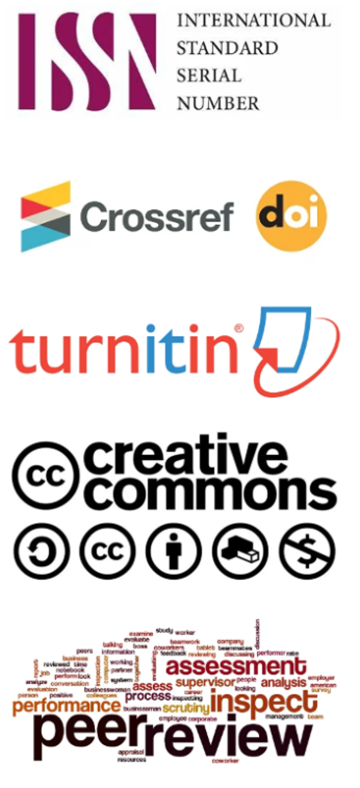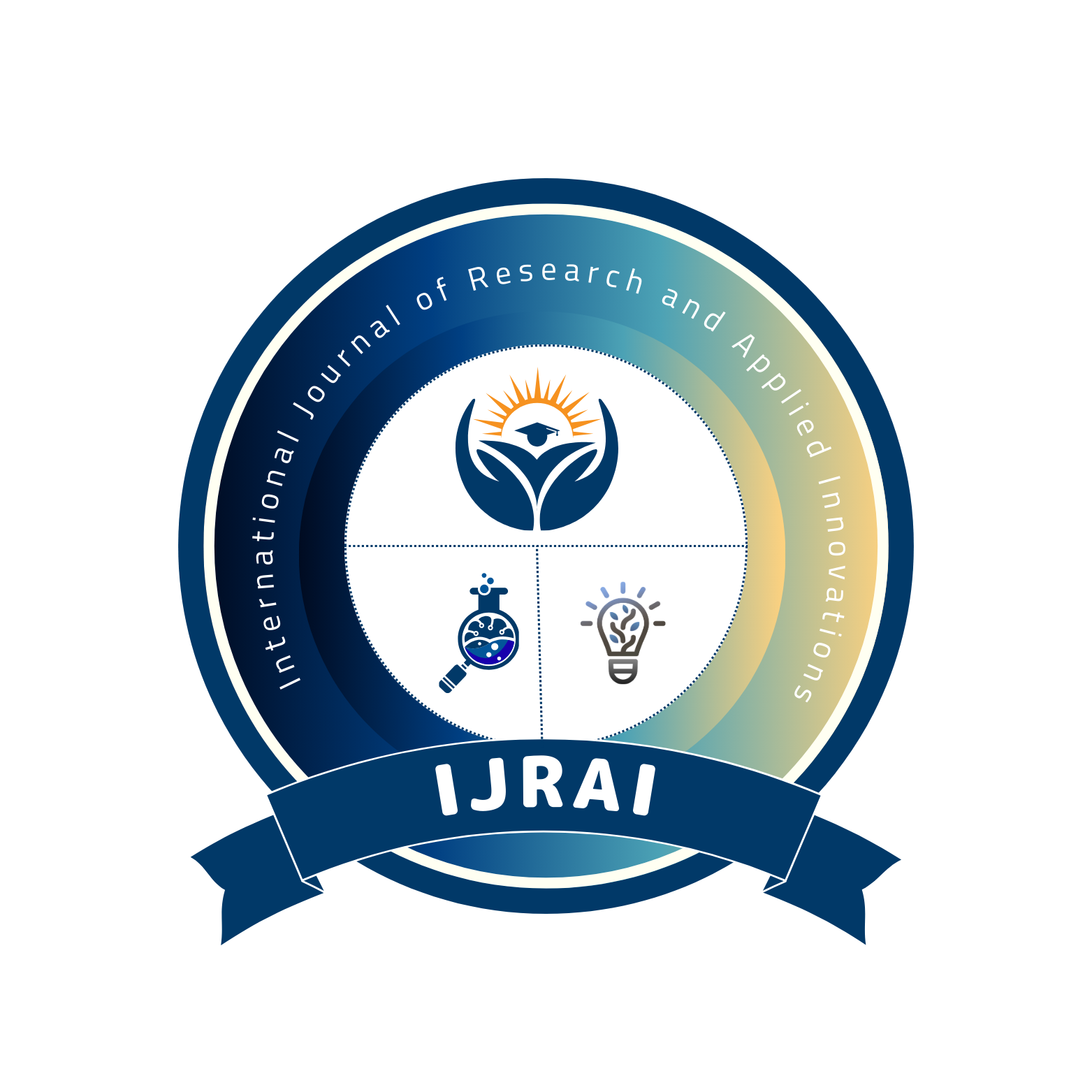Robust Multi-Modal Fusion for Remote Proctoring
DOI:
https://doi.org/10.15662/IJRAI.2020.0304001Keywords:
Remote Proctoring, Multi-Modal Fusion, Deep Learning, Cheating Detection Behavioral Analysis, Attention Mechanisms, Gating Networks, Online Assessments, Academic Integrity, Audio-Visual AnalysisAbstract
Remote proctoring has become a cornerstone of modern education, enabling secure and scalable online assessments. However, ensuring the integrity of these assessments necessitates robust systems capable of detecting a wide array of cheating behaviors, including impersonation, unauthorized materials, and anomalous activities. Traditional single-modal approaches, relying on a single data stream such as video or audio, often fall short in accurately identifying sophisticated cheating tactics. This paper presents a robust multi-modal fusion framework for remote proctoring, integrating video, audio, and behavioral data to enhance detection accuracy and resilience. Leveraging advancements in deep learning, we propose a fusion architecture that effectively combines features from diverse modalities, addressing challenges such as data inconsistency, modality dropout, and adversarial attacks. Our approach incorporates attention mechanisms and gating networks to prioritize informative features and mitigate the impact of noisy or missing data. Experimental evaluations demonstrate that our multi-modal fusion model outperforms traditional single-modal systems, achieving higher accuracy in detecting a range of cheating behaviors. The results underscore the efficacy of integrating multiple data streams in creating a more robust and reliable remote proctoring system. This research contributes to the development of intelligent assessment platforms capable of maintaining academic integrity in diverse and dynamic online environments.










